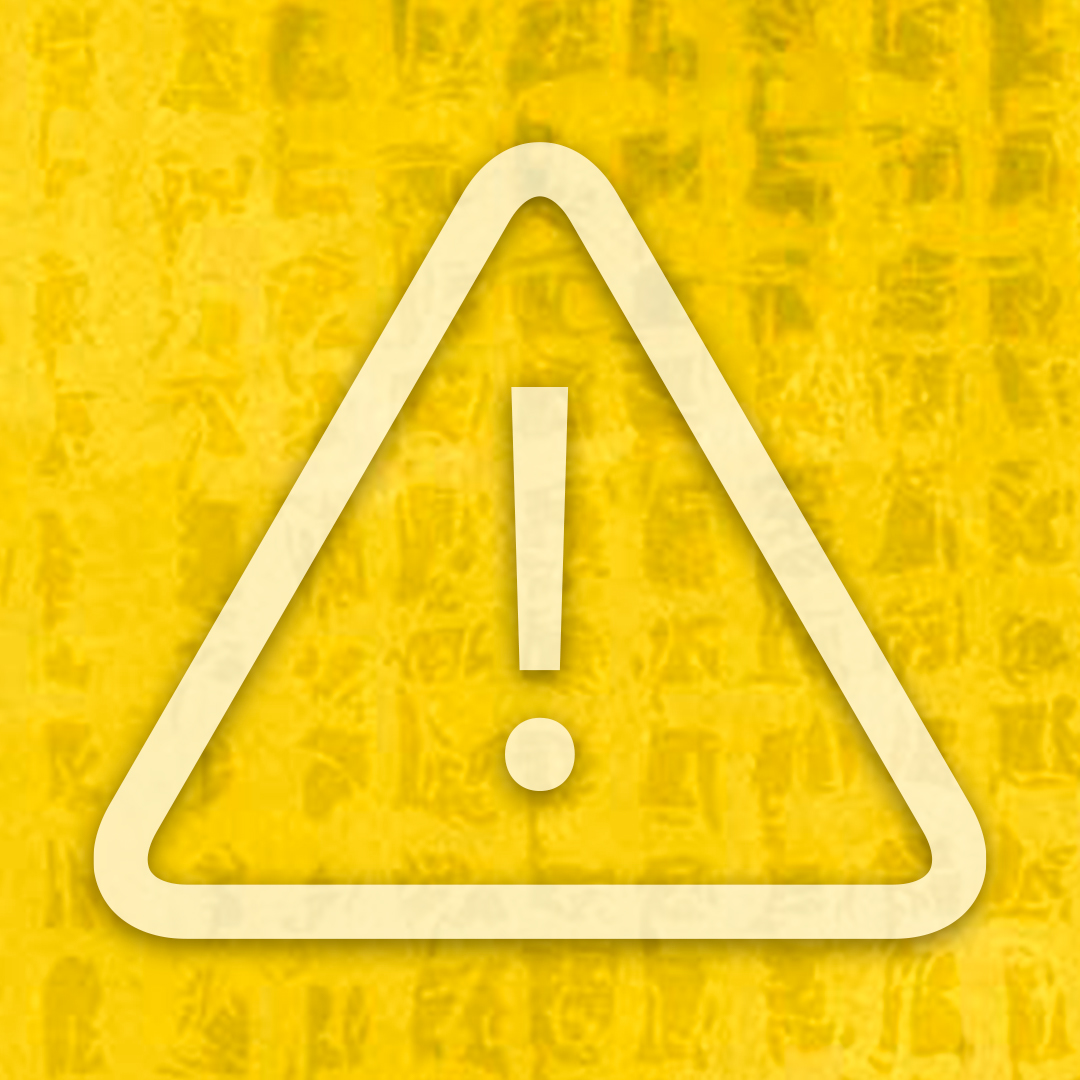
March 12, 2020
Story by Joe Vinduska
Barton Community College has created a six-person task force to guide the college’s operations during the COVID-19 pandemic, which includes education on preventative procedures, increased training for the facilities management team and food services teams to keep the environment as safe as possible, and preparation for any situations that may arise due to the virus. At this time, the college is not closing. The administration is in constant communication with other state institutions to develop plans to mitigate the spread of the virus. The college's approach to addressing the pandemic is always evolving.
Dean of Workforce Training and Director of the Nursing Program Dr. Kathy Kottas and Campus Nurse Kathy Brock are leading the task force and a dedicated page has been created for updates related to COVID-19: https://bartonccc.edu/covid19.
Kottas said the group wants to stress that we need to take precautionary measures but must remain calm.
“Prevention is truly the best action at this time,” she said. “This is definitely not a time to panic. Protect yourself and those around you. That is our best defense.”
The group distributed a list of recommended preventative procedures:
- Wash your hands often with soap and water for at least 20 seconds especially after you have been in a public place, or after blowing your nose, coughing, or sneezing.
- If soap and water are not readily available, use a hand sanitizer that contains at least 60% alcohol. Cover all surfaces of your hands and rub them together until they feel dry.
- Avoid touching your eyes, nose, and mouth with unwashed hands.
- Avoid close contact with people who are sick.
- Put distance between yourself and other people if COVID-19 is spreading in your community. This is especially important for people who are at higher risk of getting very sick.
- Stay home if you’re sick.
- Cover coughs and sneezes. Cover your mouth and nose with a tissue when you cough or sneeze or use the inside of your elbow.
- Throw used tissues in the trash. Immediately wash your hands with soap and water for at least 20 seconds. If soap and water are not readily available, clean your hands with a hand sanitizer that contains at least 60% alcohol.
- If you are sick: You should wear a facemask when you are around other people (e.g., sharing a room or vehicle) and before you enter a healthcare provider’s office. It is strongly recommended that you call ahead to your healthcare provider’s office before you go in to be seen if you are ill. If you are not able to wear a facemask (for example, because it causes trouble breathing), then you should do your best to cover your coughs and sneezes, and people who are caring for you should wear a facemask if they enter your room.
- Clean AND disinfect frequently touched surfaces daily. This includes tables, doorknobs, light switches, countertops, handles, desks, phones, keyboards, toilets, faucets, and sinks. If surfaces are dirty, clean them: Use detergent or soap and water prior to disinfection. It may be possible that a person can get COVID-19 by touching a surface or object that has SARS-CoV-2 on it and then touching their mouth, nose, or possibly their eyes, but this is not thought to be the primary way the virus spreads.
Kottas provided the following information regarding symptoms and treatment of the virus:
“At this time, we know that COVID-19 seems to start with a fever (100.4 F or higher), followed by a dry cough (data reported by international medical officials). After a week, it can lead to shortness of breath, with about 20% of patients requiring hospital treatment. Treatment at any level of this virus, at this time is supportive, meaning oral fluids, treatment of the fever, IV fluids if dehydration occurs, rest and good nutrition.
It is important to remember that COVID-19 infection rarely seems to cause a runny nose, sneezing, or sore throat (these symptoms have been observed in only about 5% of patients). Sore throat, sneezing, and stuffy nose are most often signs of a cold.”
Kottas said the task force will continue to update the campus as more is known about the impact of the virus globally and locally.
“I know this can be a very scary time and everywhere we turn there is more confusing information,” Kottas said. “I would encourage everyone to educate themselves, educate your family, monitor your surroundings and follow good common-sense guidelines. Again, this is not a time to panic; it is a time to prepare and protect ourselves from this illness.”
For more information contact Dean of Workforce Training Dr. Kathy Kottas at (620) 792-9355 or kottask@bartonccc.edu.